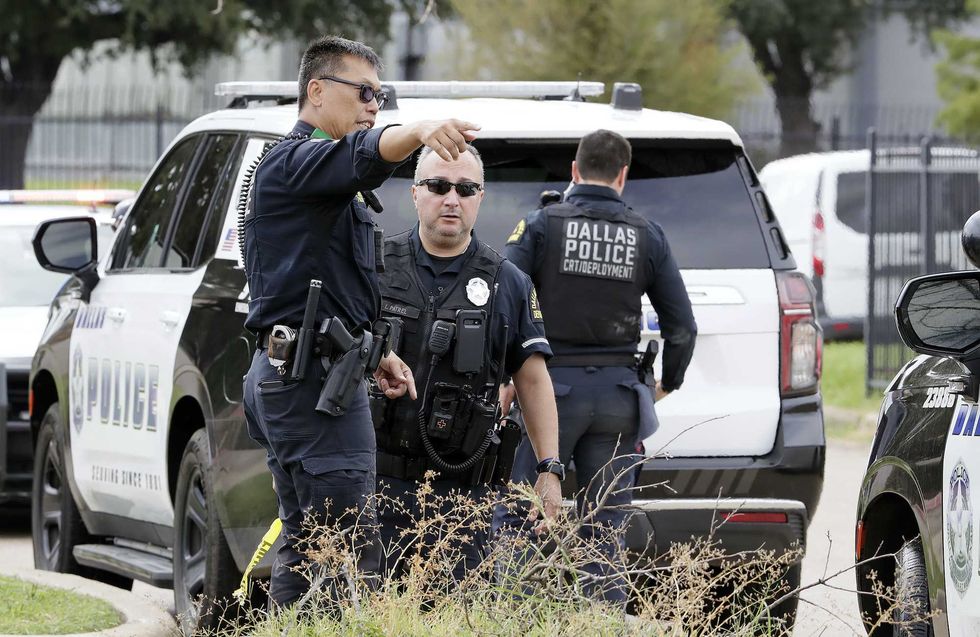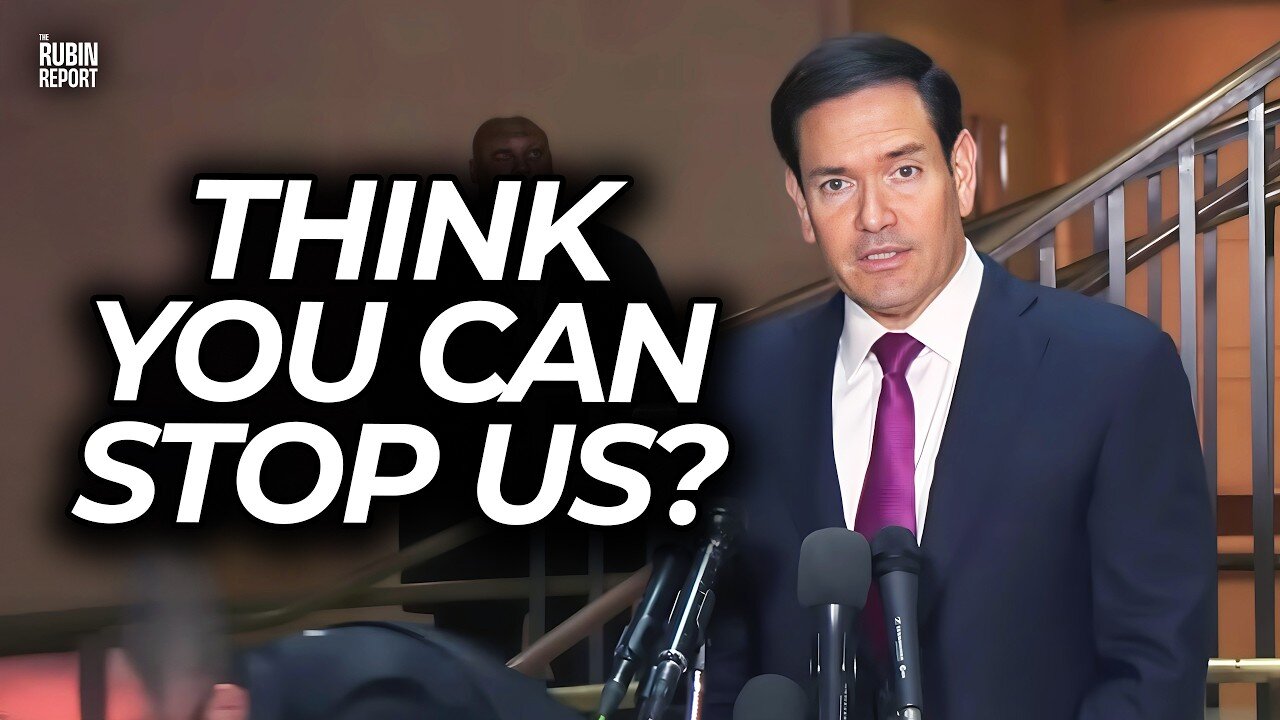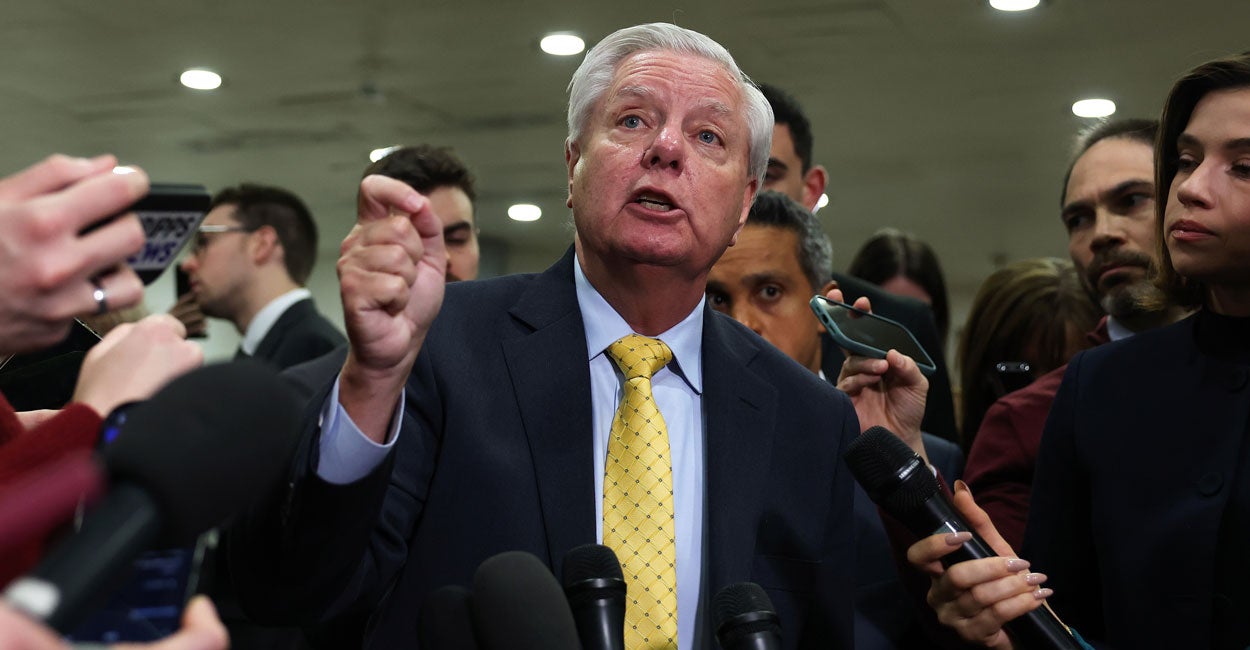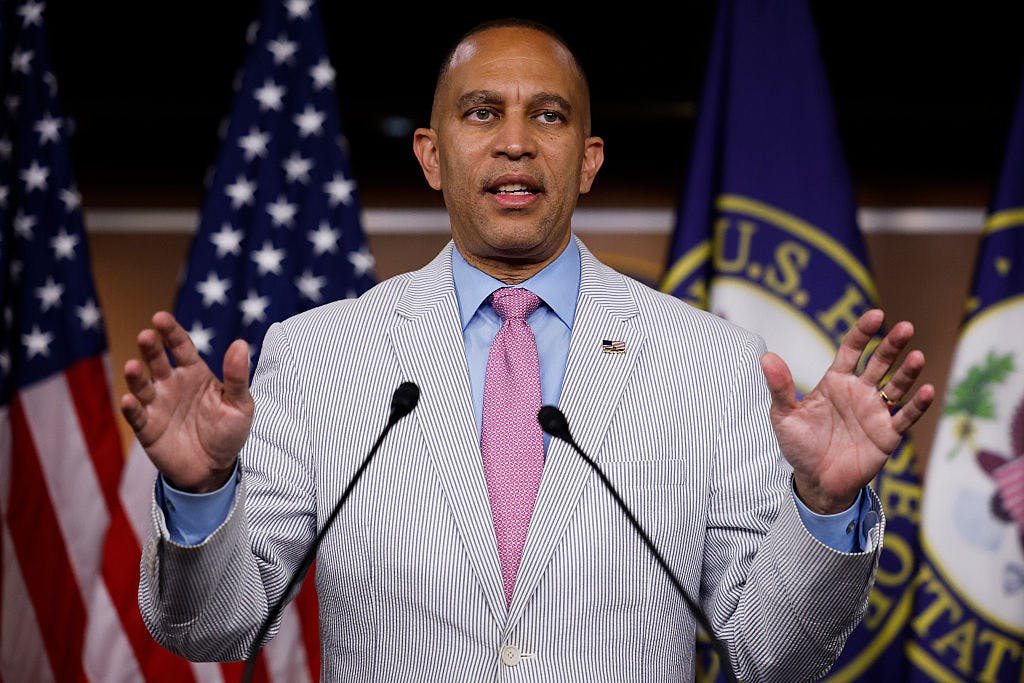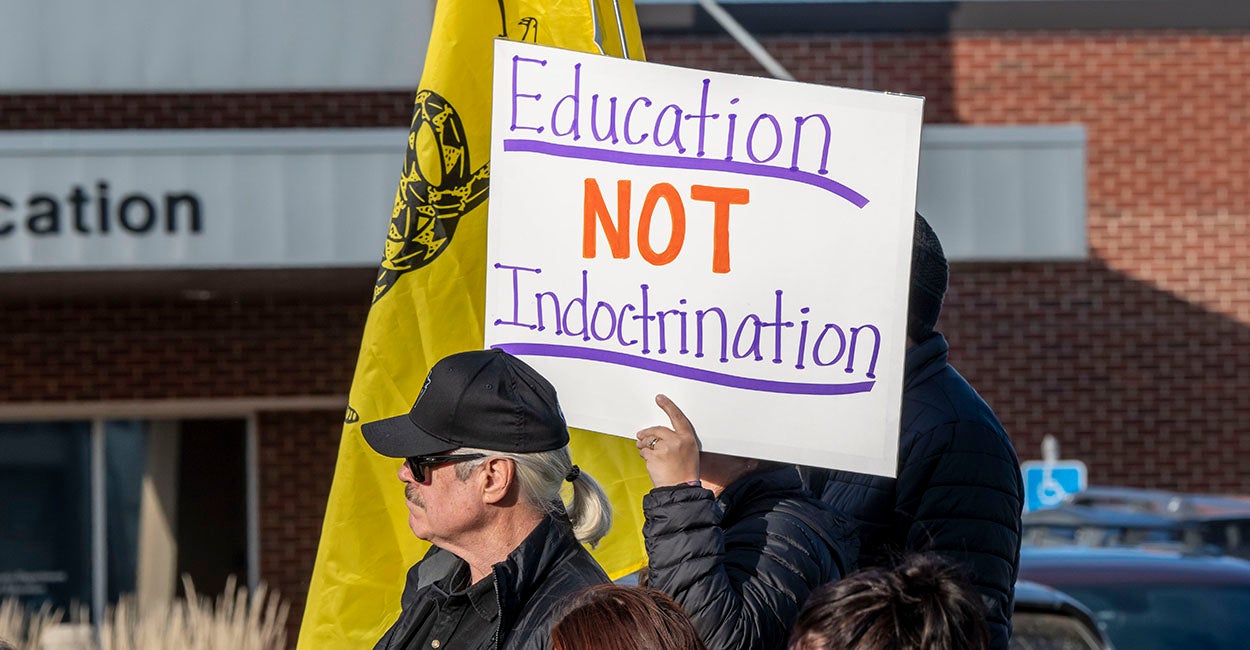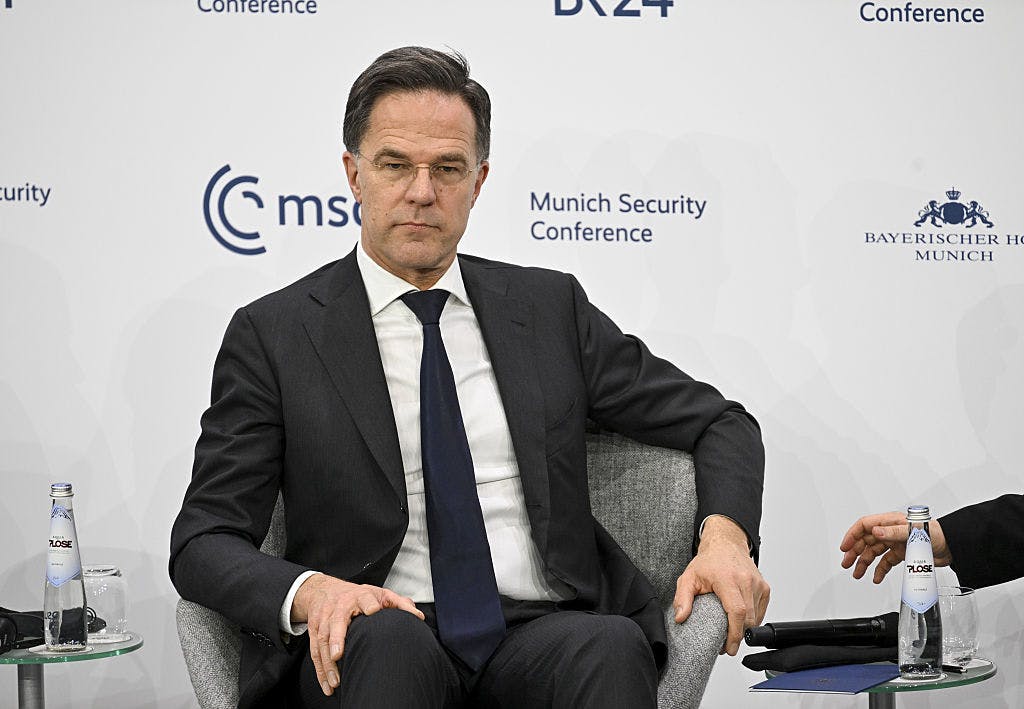Church Attendance Is on the Rise, and Young People are Leading the Charge

After years of stagnant church attendance, a surprising shift is underway. Millennials and Generation Z are emerging as the new “backbone of church attendance,” driving a resurgence in spiritual engagement, according to recent findings from Barna Group’s ongoing State of the Church initiative with Gloo.
Live Your Best Retirement
Fun • Funds • Fitness • Freedom
The research highlighted a notable uptick in spiritual interest, faith activity, and even signs of revival, particularly among younger Christians. “The headline,” as Barna Group stated, is that “Millennials and Gen Z Christians are attending church more frequently than before and much more often than are older generations. The typical Gen Z churchgoer now attends 1.9 weekends per month, while Millennial churchgoers average 1.8 times—a steady upward shift since the lows seen during the pandemic.”
The report further emphasized: “These are easily the highest rates of church attendance among young Christians since they first hit Barna’s tracking.”
Daniel Copeland, Barna’s vice president of research, provided deeper insight into the data. “We were able to analyze our data in a fresh way to show what many pastors feel—that even really regular churchgoers do not attend that often,” he said. “Among all churched adults, we found that they attend, on average, 1.6 times per month, or roughly two out of every five weekends. This new analysis of the tracking data helps us better understand the frustrations pastors feel when they are trying to build momentum for their congregations, such as series-based preaching and mobilizing volunteers.”
Yet, Copeland highlighted the anomaly: “The fact that young people are showing up more frequently than before is not a typical trend. It’s typically older adults who are the most loyal churchgoers. This data represents good news for church leaders and adds to the picture that spiritual renewal is shaping Gen Z and Millennials today.”
David Kinnaman, CEO of Barna Group, explained how there are far more to the statistics than what meets the eye. “The significant drop-off among older generations,” he noted, “shows that the fabric of congregational life is changing. It’s more frayed and less gray than it was a decade ago. The influx of new generations represents a massive opportunity for congregational leaders, but this renewed interest must be stewarded well.”
What does effective stewardship entail? Kinnaman emphasized that it goes beyond studying young people’s interest in Christianity—it requires guiding and equipping them to become devoted disciples. “Our research clearly shows that churchgoing alone does not in itself create devoted disciples,” he stated. “Even with the increasing participation of younger generations, there is still the challenge of shaping hearts and minds to live out their faith beyond church participation.”
For church leaders, the report went on to note, this provides an opportunity to shepherd the younger generations who are filling up their congregations. At the same time, the group added, it poses certain challenges, such as changes to church rhythm.
“If these trends continue,” Barna Group wrote, “the spiritual explorations of the next generation could redefine the makeup and momentum of Christianity and of congregations in the coming decade. The data points to a future where the vitality of the Church may hinge on how well leaders engage the spiritual curiosity and commitments of younger adults.”
Additional Barna research reinforces this optimism, revealing that “66 percent of all U.S. adults say they have made a personal commitment to Jesus that is still important in their life today.” This reflects a 12% increase since 2021, which Barna described as “not only statistically significant—it may be the clearest indication of meaningful spiritual renewal in the United States.” Brent Keilen, vice president for strategic initiatives at Family Research Council, couldn’t agree more.
“These findings are significant,” he told The Washington Stand, noting that they “align with other recent news on decisions for Jesus increasing, a spike in Bible sales, and revival on college campuses around the country.” He challenged the assumption that young people are disinterested in faith, stating, “Up until recently, many people assumed that young people have little interest in Christianity and that a decline in faith was basically inevitable. These new reports show that is simply not the case.”
Keilen pointed to a deeper shift, stating, “There is a tremendous hunger for genuine faith among young people. It’s notable that these numbers have been steadily increasing since COVID. The pandemic seems to have given younger generations a new awareness of deeper human needs, ones that can’t be met by social media or entertainment.” He added, “They are searching to find real answers.”
In the midst of this search, though, is the need for the church to come alongside them and provide spiritual guidance. That is what Family Research Council’s David Closson, director of the Center for Biblical Worldview, discussed with The Washington Stand. “This trend is both surprising and encouraging,” he stated. “For years, surveys have shown young people drifting away from church, so to see Gen Z and Millennials leading an increase in attendance is notable.” And yet, as Closson went on to highlight, it’s also “not surprising.”
He looked back at what’s occurred in society the last several years: “The pandemic exposed the emptiness of so many cultural idols and reminded us all of our mortality and need for hope. At the same time, the LGBT and Sexual revolution have failed to deliver on their promises. Secular ideologies told young people they could construct their own identities and find freedom apart from God’s design, but that experiment has left many confused, lonely, and hurting.” And so, he added, “Younger Americans are increasingly realizing that these ideologies can’t provide meaning or satisfy the deepest longings of the heart.”
Echoing what Keilen said, Closson emphasized that “what they are hungry for is transcendent truth, and Christianity uniquely provides ultimate answers—answers found in the gospel of Jesus Christ and the life-giving community of the church.” This, then, leads to the need for discipleship. As Closson explained, “Discipleship is absolutely essential. Jesus’s Great Commission was not simply to make converts but to ‘make disciples’—to teach people to obey everything He commanded.” It’s good to see young people returning to church, Closson noted, but “that’s only the beginning.”
Such a shift is only fruitful when accompanied by “intentional teaching, mentoring, and modeling of what it looks like to follow Christ in every area of life,” Closson asserted. “That’s especially critical in a culture that bombards them with counterfeit worldviews.” Closson highlighted with two main pieces of advice. First, “for pastors and church leaders, invest deeply in solid biblical teaching and create opportunities for intergenerational relationships.”
But for every Christian, Closson concluded, “realize that discipleship isn’t only a program; it’s a lifestyle. Invite younger believers into your home, open the Bible with them, pray with them, and show them what faithfulness looks like in daily life. If we do that, this hunger among Gen Z and Millennials can become the seedbed for real spiritual renewal.”
Originally published by The Washington Stand
The post Church Attendance Is on the Rise, and Young People are Leading the Charge appeared first on The Daily Signal.
Originally Published at Daily Wire, Daily Signal, or The Blaze
What's Your Reaction?
 Like
0
Like
0
 Dislike
0
Dislike
0
 Love
0
Love
0
 Funny
0
Funny
0
 Angry
0
Angry
0
 Sad
0
Sad
0
 Wow
0
Wow
0




